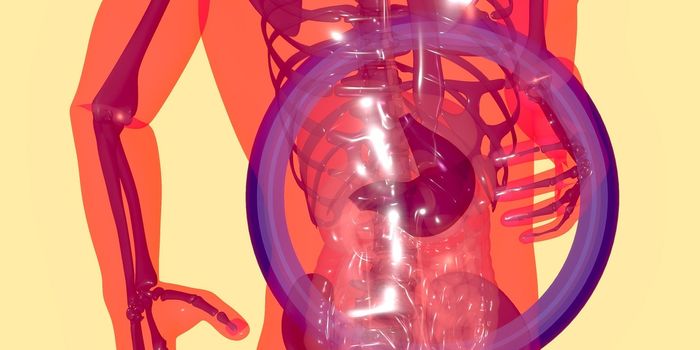Even low levels of air pollution are associated with morbidity
A new study investigates the causal relationship between mortality and long-term exposure to a low level of fine particulate matter (PM2.5) concentrations. The authors report their findings in the journal PLOS Medicine, explaining that even very low levels of air pollution can change gene expression that lead to cancer, cardiovascular, and respiratory diseases.
Given the extended exposure to widespread smoke following the bushfires that occurred in Australia last year, the researchers were interested in investigating how longer-term exposure to air pollutants leads to oxidative stress and health concerns.
The study was conducted by researchers at Monash University and led by Associate Professor Yuming Guo from the Monash School of Public Health and Preventive Medicine, as well as colleagues at Nagasaki University in Japan and Cambridge University in the UK. It looked at blood samples from individuals participating in the Brisbane System Genetics study to analyze six genes that are associated with oxidative stress and inflammation.
The researchers matched the blood samples to data from seven air quality monitoring stations around Brisbane that measure the levels of exposure to PM2.5 (the main particulate matter in smoke) and sulfur dioxide (the main gaseous pollutant). The analysis included data from 266 pairs of twins (192 identical and 74 non-identical) as well as 165 parents in Brisbane over periods from 2005 to 2010.
The team found that even the low levels of air pollution experienced in Brisbane led to changes in gene expression that are associated with morbidity and mortality in the longer term. "This is the first evidence as to how exactly exposure to low levels of air pollution actually alters our gene expression which in turn impacts our health," said Guo.
They hope that this knowledge can help inform decision-making for environmental health management and making air pollution control strategies. Additionally, the findings have very real implications right now. "Combined with the global consequences of COVID-19 and its impact on respiratory health there is even a greater need to be conscious of limiting our exposure to air pollution," Guo concludes.
Sources: PLOS Medicine, Eureka Alert









